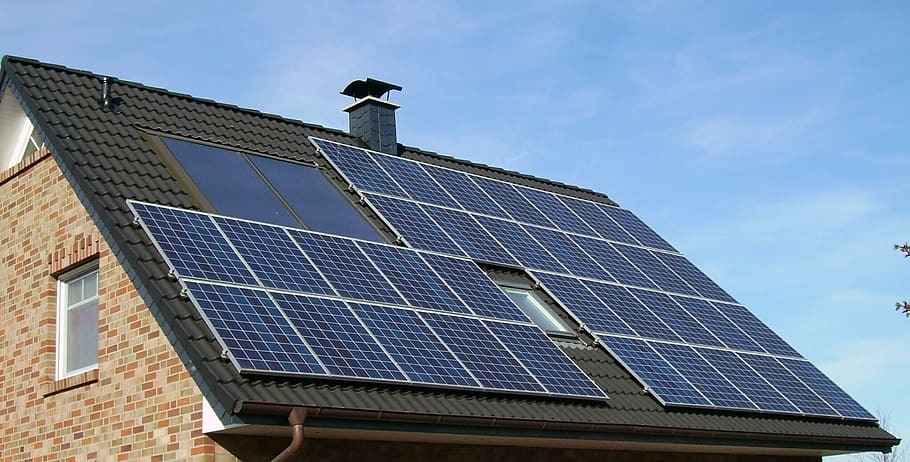The Association for Decentralised Energy (ADE) is calling for better data, better buildings and better financing from the government to support individual families in reaching net zero.
In a new report the ADE says that while there is a growing interest from the general public in taking action on climate change, the energy grid must engage people, making them part of the transition.
Better data is described as “essential” and the government must mandate for “truly intelligent home energy data”, with every household having access to useful data about their home’s energy and performance by 2030.
There must also be smart controls that allow them to use this data to manage their use and take advantage of market opportunities.
Half-hourly settlement arrangements will need to be reviewed in five years, and every five years following to ensure they remain fit for purpose. Collaboration between government and industry will be needed to meet the Energy Data Taskforce’s strategy for a modern digitalised energy system.
The report says that government must work with financial institutions to communicate the trajectories of building standards.
Furthermore, it should implement a rising, net zero-compliant price on carbon for households’ energy use in 2030, with the exception of those who are fuel poor till 2040. Support will need to be established to help fund the transition, to replace the soon-to-close Domestic Renewable Heat Incentive.
There must also be a system of redress to ensure that the poorest do not bear the risk of poor performance.
Dr Joanne Wade OBE, ADE deputy director, said: “In the report the ADE has studied the energy system from the perspective of the householder; the person or people living in the house that switch the lights on and off, decide when, where and how much to heat their rooms, and bring their personal behaviours to bear on the property.”
The report suggests that buildings are improved by introducing Minimum Energy Efficiency Standards for all tenures, in order to create a demand for fabric efficiency. The government will need to prioritise those in vulnerable circumstances such as the fuel poor when looking at improvements.
The ADE represents over 160 business, who were consulted in the process of putting together the report.
Lily Frencham, head of operations at the ADE, affirmed that “net zero really can begin at home”.
“In this report, we are recommending what needs to be done now, how government can legislate and regulate so businesses can get on with launching the innovative and exciting products and services we need to get to net zero- on time and at scale.”





